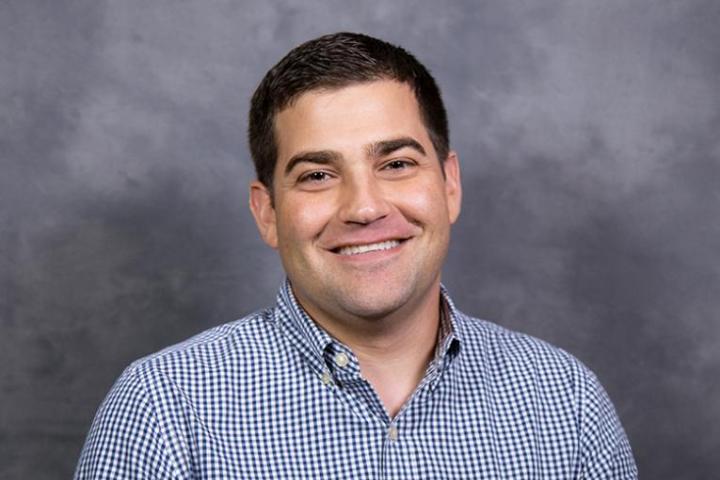
ILO’s 2023 Conference: the 8th for the Regulating for Decent Work Network in Geneva, Switzerland
In correctional facilities, workplaces, community events, job fairs and educational programs, the ILR School’s Criminal Justice and Employment Initiative has helped individuals find jobs that are often the foundation of post-incarceration futures.
It has also helped employers fill critical roles in retail, health care, hospitality, government and tech.
Part of the Yang-Tan WorkABILITY Incubator in ILR’s Center for Applied Research on Work, the initiative is taking its work to an international stage tomorrow.
“‘Civil Death’ and Labor Market Alienation: Comparative Analysis of Legislation Limiting Access to Work for the Justice Impacted in OECD Countries,” will be discussed at the International Labour Organization’s 8th Conference of the Regulating for Decent Work Network in Geneva, Switzerland.
It will be presented by co-authors Matt Saleh, CJEI director of research, who led the effort, and Timothy McNutt, CJEI director.
Additional co-authors are Jodi Anderson Jr., CJEI director of technological innovation Ethan Mulroy ’24, Samantha Na ’23 and Sarina Zhou A&S ’24, student researchers who helped build a dataset of legal restrictions to employment for the justice-impacted in the 38 countries of the Organization for Economic Cooperation and Development.
Saleh, McNutt and Anderson, among a number of ILR School faculty and Outreach staff presenting at the conference, said they believe that for many countries, their paper is the first comparative content analysis of legislative restrictions to work for the justice-impacted.
“Just as in the United States, people around the world who have been involved in the criminal justice system have a lot of trouble accessing employment,” Saleh said. “This is a huge issue because employment is one of the strongest predictors of people not committing future crimes, of people not recidivating, of people reacclimating to their communities.”
The researchers analyzed how U.S. laws that prohibit justice-involved individuals from working in certain types of jobs compare with those of other countries. Additionally, they looked at how countries differ in tying the specific type of crime to job restrictions.
“It’s incredibly common for countries around the world to have a large number of restrictions,” Saleh said. “We found almost 500 different laws at the national level in the 38 countries we studied.”
The researchers said they were not surprised to find that the U.S. has more restrictions than any other country. “But I expected the U.S. to be more of an outlier,” Saleh said. “I was surprised to see, for example, that certain Scandinavian countries, which have a reputation for being much less punitive, still have quite a few restrictions on areas of work.”
In the paper, the researchers recommend eliminating blanket bans in such professions as finance, law and real estate.
“We also argue for laws that are more carefully tailored – whether by limiting the duration of the ban or specifying the type of felony and making sure it relates in some way to the job being banned. In some instances, we recommend repealing bans altogether,” Saleh said.
“As a society, if we accept that people can change, that they can be rehabilitated and that structural factors contribute to why they may have committed a crime, then our laws need to reflect that. And we need to be willing to include people in the very professions that are changing these systems.”
Through training sessions at correctional facilities, community sites and job fairs and other locations, the initiative shares expertise and resources such as its Criminal Record Online Toolkit.
The initiative is now offering an online resume-building tool through the Restorative Record project, which helps job candidates create non-traditional profiles emphasizing core competencies, rehabilitation efforts and micro-credentials.
By incorporating personal narratives and challenging negative assumptions often associated with candidates lacking formal job histories, education, training or a significant digital presence, the project aims to dismantle biases and foster a more inclusive and equitable hiring process.
Its aim is to support employers in making fairer hiring decisions, ensuring compliance with fair chance hiring initiatives and achieving higher yield rates.
Collaboration with engineers and computer scientists from Cornell Tech has been made possible through the support of the Yang-Tan Incubator.

